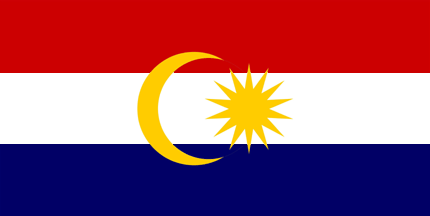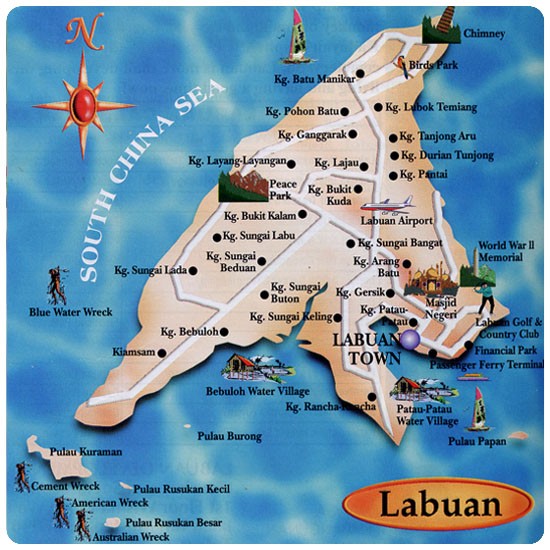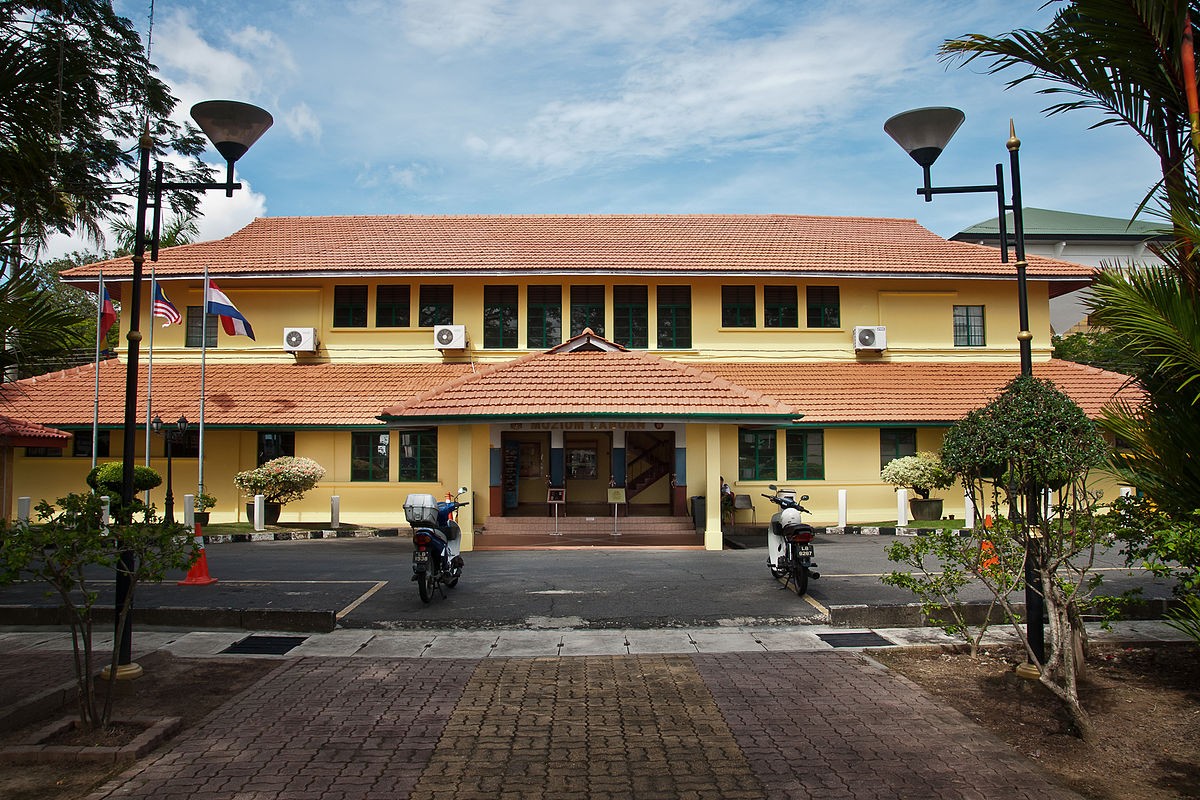
A Labuan Offshore Trust is governed by the Labuan Offshore Trust Act of 1996 (LTA) allowing four types of trusts: Purpose trusts, Spendthrift trusts, Special trusts, and Charitable trusts.
Trusts allow an individual (settlor) to give specific properties and other assets to a third party to hold the benefits of others.
Offshore Trust Benefits
A Labuan Offshore Trust can take advantage of these benefits:
• Complete Foreign Control: The settlor and beneficiaries can be foreigners and all assets located in different countries.
• No Taxation: Offshore trusts not engaged in trading activities are exempt from all taxes. Note: U.S. taxpayers and others paying income taxes on global income must declare all income to their governments.
• Privacy: The settlor and beneficiaries names are never included in public records. Descriptions and locations of the assets remain private.
• Asset Protection: Other countries laws are not followed by the courts including marital divorces and heir succession laws. Creditors have high burden of proof to succeed with claims against the trust, settlor, and beneficiaries.
• Estate Planning: Trusts can exist for 100 years providing a perfect structure for a family’s estate planning with no estate, gift, or inheritance taxes or probate.
• English: Labuan is a territory of Malaysia which was a former British Colony so English is one of its official languages.

Labuan Offshore Trust Name
A trust must choose a name not alike or too similar to another legal entity in Labuan.
The end of its name must use the word “Trust” so not to cause confusion with other legal entities.
Definition of an Offshore Trust
The LTA defines an “offshore trust” as a trust with these criteria:
• The settlor is not a Malaysian citizen or permanent resident at the time the trust is created;
• The trust does not own Malaysian real estate;
• The beneficiaries are not citizens or permanent residents of Malaysia; and
• One of the trustees must be a Labuan Trust Company regulated by the Labuan Trust Companies Act of 1990 to provide trust services.
Asset Protection
The Labuan courts will not recognize any claims against a trust from a court in another country regarding:
• A marital dissolution (divorce) deciding the disposition of a trust’s assets;
• Claims by creditors in an insolvency proceeding;
• Succession rights of spouses or relatives; or
• Any of the above mentioned court orders against any beneficiary or the settlor.
In regards to insolvency claims, the creditor must prove beyond a reasonable doubt that a Labuan offshore trust was created with the specific intent to defraud a settlor’s creditor and at the time of creation or property transference to the trust rendered the settlor insolvent or with no properties available to satisfy the creditor’s claims if successful.
Fraudulent Conveyance
An offshore trust and any properties conveyed to it will not be fraudulent against a settlor’s creditor if:
• Two years have passed since the trust’s creation or transference of the property to the trust since the creditor’s claim arose; or
• The creditor failed to commence an action against the settlor within one year of the trust’s creation or transference of the assets to the trust.
Duration
Unless otherwise stated in the trust’s charter, an offshore trust will exist for up to 100 years.
Registration
Registration is an option under the LTA. If a trust chooses to register with the Labuan Offshore Financial Services Authority (FSA), the application forms are very simple which includes: an application form to register as a trust and a declaration by the trustee which must be a Labuan Trust Company.
The Labuan Trust Company submits the registration forms as its trustee.
Settlor
The settlor is the person who transfers properties and other assets to the trust to hold for the benefit of the beneficiaries. Settlors can be citizens of any country and reside anywhere in the world.

Trustee
The law requires every trust to appoint a Labuan Trust Company as its trustee. However, more than one trustee may be appointed which includes the settlor or a beneficiary. In the case of multiple trustees, the law requires that one of them must be a Labuan Trust Company.
The trustee ensures that the settlor and other relevant persons associated with the trust are fit and proper persons at all times as required by the Labuan FSA’s Guidelines on Fit and Proper Person Requirements.
The trustee must submit status updates regarding the trust every six months to the FSA.
In addition, the trustee guarantees compliance with the Anti-Terrorism Financing Act of 2001 and the Anti-Money Laundering Act of 2001.
Trustees are the administrators of a trust with all the powers of an owner of the assets. However, the exercise of the trustees’ powers must be in the interests of the beneficiaries as prescribed in the trust’s charter and the LTA. Trustees must insure that the assets are insured to protect against risks of damages or loss because of any event. Such insurance premiums must be paid on time out of the trust’s capital funds or income. Trustees must periodically review the trust’s investments to ensure standard investment criteria.
The trustee must keep a list of the beneficiaries and the settlor at its registered office in compliance with the LTA.
Beneficiaries
Unless the trust is a charitable one, all trusts must have identifiable beneficiaries to be valid. A settlor can be a beneficiary.
Protector
A protector of the beneficiaries’ interests may be appointed under provisions of the trust’s charter. The settlor or a beneficiary can be appointed as the protector.
In 2010, the LTA was amended to specify the powers of the protector. The LTA now allows a protector to appoint and remove trustees, designate the proper jurisdiction for the trust, change the location of the trust’s administration, and withhold consent of trustees’ actions pursuant to the trust’s charter.
Charter
The trust’s charter provides all of the rules and procedures regarding how the assets will be accepted, managed, and administered for the benefits of the beneficiaries. The charter may include how a beneficiary is added, removed, excluded from a specific benefit, or imposition of obligations upon a beneficiary as a condition to receiving a benefit.
The charter must include the appointment of a Labuan Trust Company as its sole trustee or one of the trustees if more than one will be appointed.
Registered Office
A trust’s registered office will be the Labuan Trust Company’s registered office.
Accounting
All accounting records must be maintained at the Labuan Trust Company’s registered office.
Taxes
An offshore trust not conducting trading activities is exempt from corporate and income taxes. The beneficiaries are exempt from income taxes upon receiving income or assets from the trust.
However, U.S. taxpayers and everyone paying income taxes on worldwide income must report all income to their tax authorities.
Public Records
The names of the settlor and beneficiaries along with a description and location of the assets are never part of any public records.
Conclusion
A Labuan Offshore Trust can use these benefits: foreign ownership, privacy, no taxes, asset protection, estate planning and English is one of its official languages.


